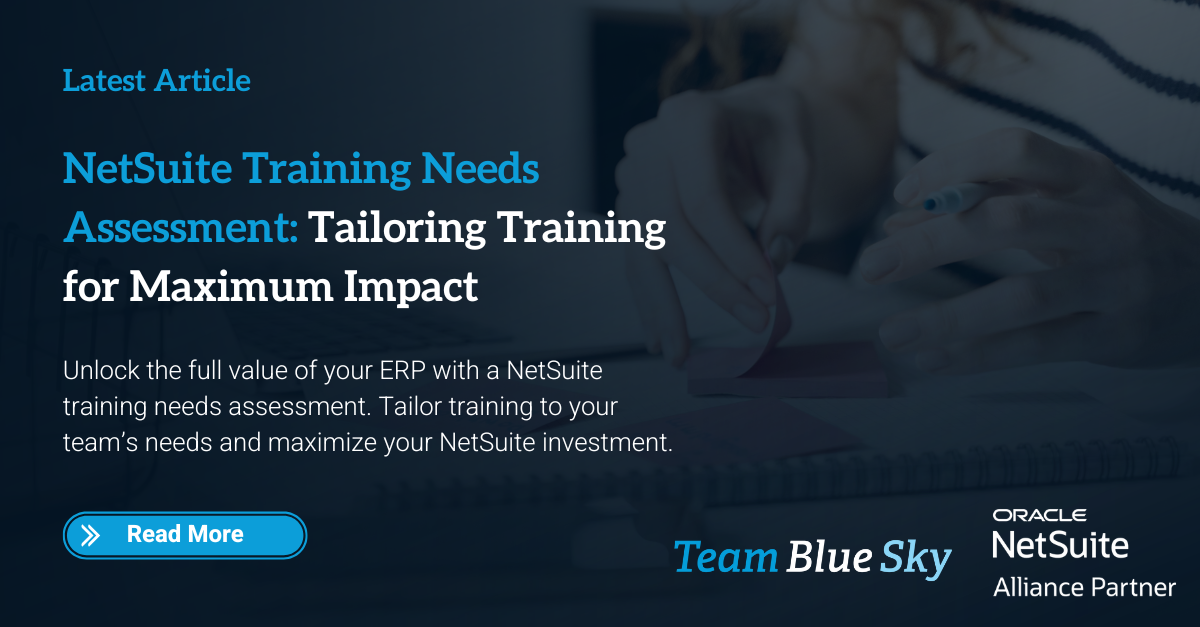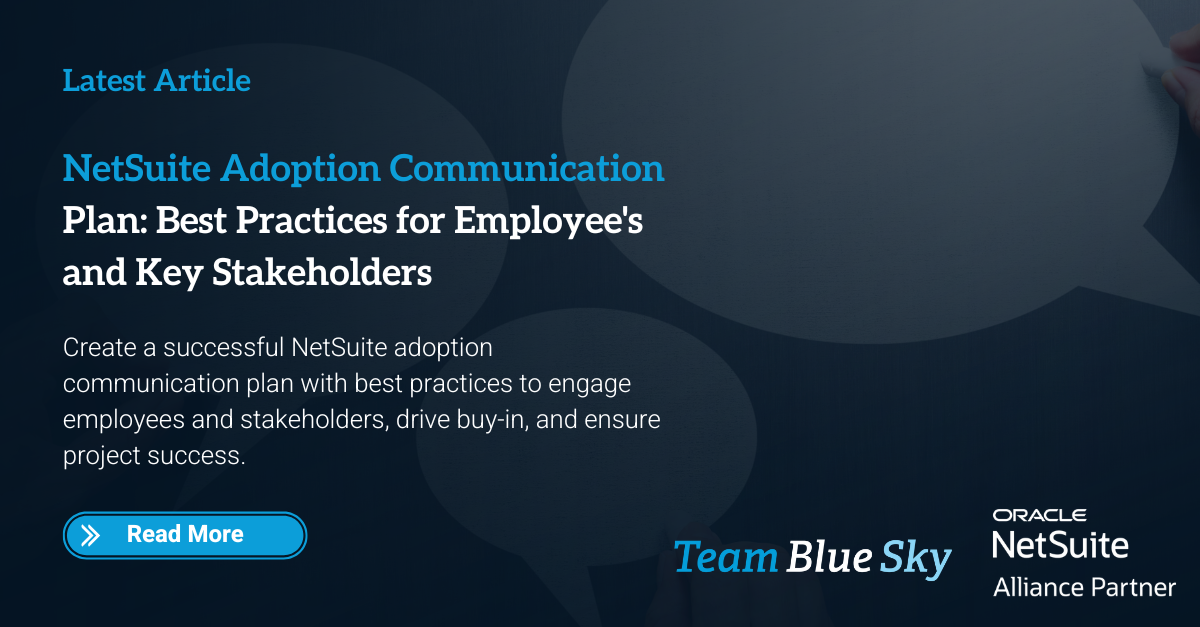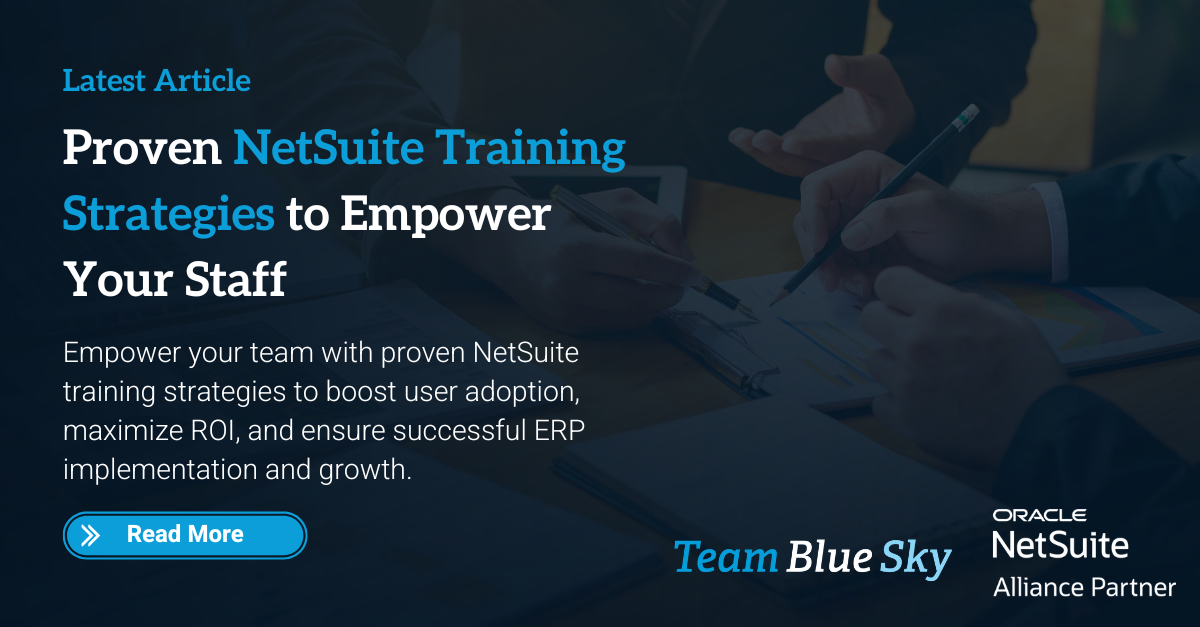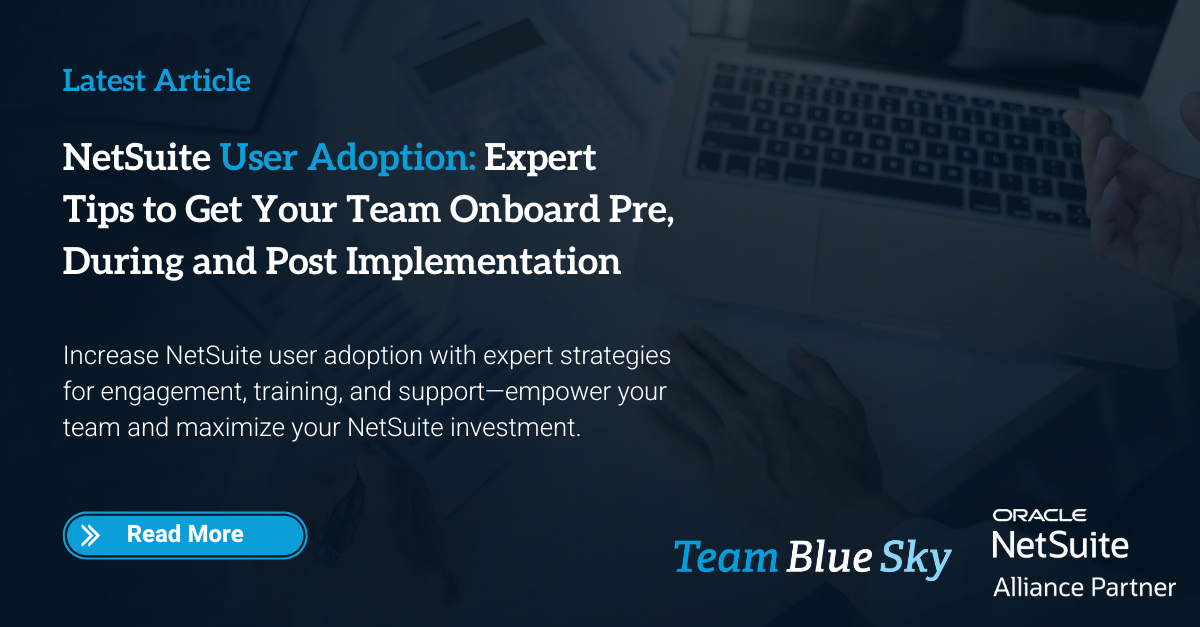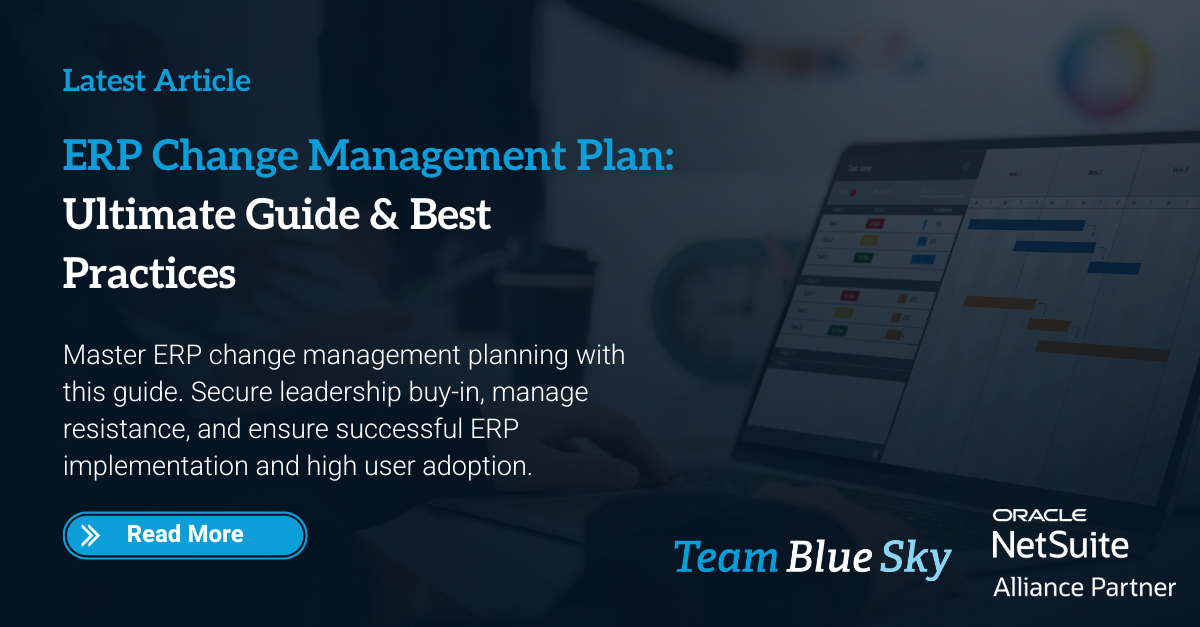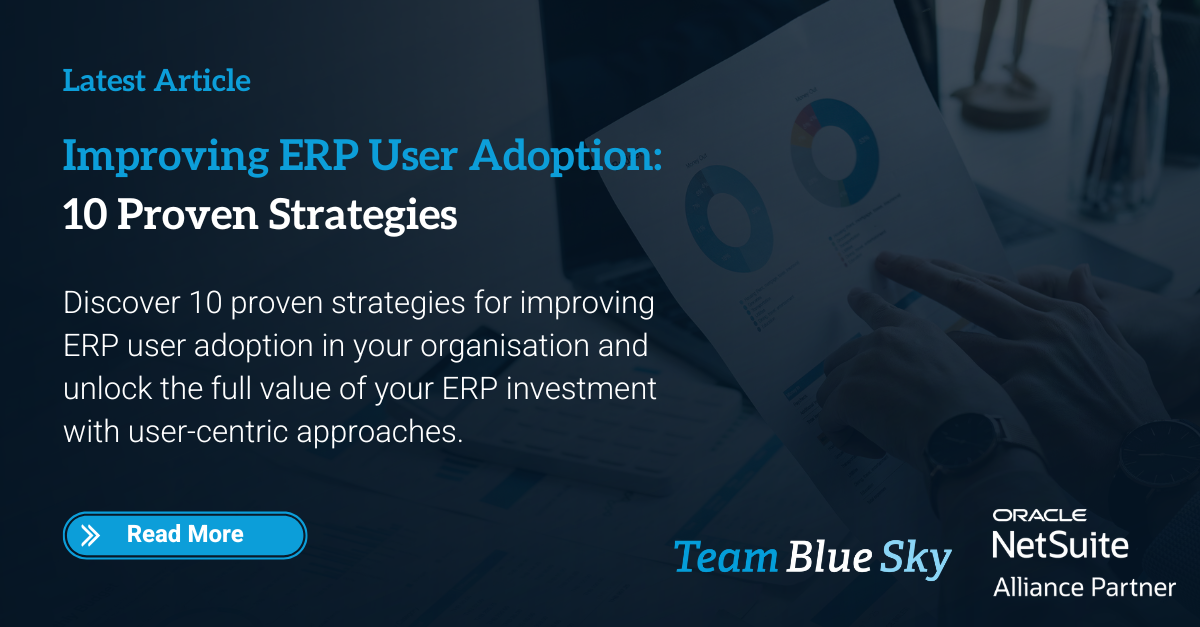Mastering Financial Period Close in NetSuite
The NetSuite Period Close process is a critical financial function for businesses using the NetSuite platform. It involves a series of steps and activities performed at the end of each financial period to ensure accurate reporting and compliance with accounting standards. Statistics show that companies using NetSuite's automated period-close features have experienced a 50% reduction in manual effort and a 30% improvement in data accuracy. This article provides a comprehensive guide to mastering the NetSuite Period Close, covering preparation, execution, post-close review, and best practices.
Understanding the Period Close Process in NetSuite
Before diving into the specifics of the NetSuite Period Close, it's crucial to grasp the fundamentals of the period close process within the platform.
Definition of Period Close
The period close process in NetSuite refers to the set of activities performed at the end of each financial period (monthly, quarterly, or annually) to finalise and report on the organisation's financial performance. This process is essential for ensuring the accuracy and integrity of financial statements, maintaining compliance with accounting standards and regulations, and providing stakeholders with timely and reliable financial information.
Key Steps Involved
1. Reconciling Accounts and Transactions
This step involves matching the balances in NetSuite with external records, such as bank statements and vendor invoices. It includes identifying and resolving any discrepancies, such as uncleared checks or unrecorded deposits. The goal is to ensure that all transactions are properly accounted for and that the general ledger balances are accurate.
2. Reviewing and Adjusting Journal Entries
Journal entries are made throughout the period to record non-routine transactions or to correct errors. During the period close process, these entries are reviewed for accuracy and compliance with accounting principles. Any necessary adjustments are made to ensure that the financial statements reflect a true and fair view of the company's financial position.
3. Generating and Analysing Financial Reports
Financial reports, such as the balance sheet, income statement, and cash flow statement, are generated to summarise the company's financial performance over the period. These reports are analysed to identify trends, patterns, and areas for improvement. Variances from previous periods or budgets are investigated, and explanations are provided.
4. Closing the Period and Locking Down Data
Once the financial reports have been finalised, the period is closed in NetSuite. This involves marking the period as complete and preventing further changes to transactions and journal entries. The purpose of locking down data is to preserve the integrity of the financial records and ensure that they cannot be tampered with.
5. Preparing for the Next Period:
The final step in the period close process is to prepare for the next period. This includes setting up new accounts, creating budgets, and establishing cutoff dates for transactions. The goal is to ensure a smooth transition into the new period and minimise the risk of errors.
Common Challenges and Solutions
Data Inconsistencies and Errors
Data inconsistencies and errors are a major problem in many organisations. This can lead to incorrect decisions being made, wasted time and resources, and even legal problems.
Preparation for NetSuite Period Close
Thorough preparation is the foundation of a successful NetSuite Period Close. By ensuring data accuracy, reconciling accounts, and reviewing financial statements in advance, organisations can significantly simplify the closing process.
Data Accuracy and Integrity Checks
Ensuring the accuracy and integrity of data within NetSuite is a crucial step before initiating the period close process. This involves several key activities:
Validating Data Entries
Data validation involves regularly reviewing data entries to identify discrepancies, checking for duplicate or missing information, and ensuring data consistency. Implementing validation rules and controls helps prevent invalid entries, while promptly correcting errors maintains data accuracy.
Matching Transactions with Bank Statements
The process of bank reconciliation involves comparing transactions recorded in NetSuite with corresponding bank statements. Any discrepancies between the two sources are identified and investigated, and necessary adjustments are made to ensure that NetSuite records align with the bank statements. The reconciliation process is documented along with any adjustments made.
Reconciling Intercompany Transactions
Managing intercompany transactions is crucial for businesses with multiple entities. This involves identifying and matching transactions between entities, eliminating intercompany balances during consolidation, investigating discrepancies, and establishing clear policies to maintain accuracy. Proper handling of intercompany transactions ensures the integrity of financial statements and facilitates efficient consolidation processes.
Reconciling Subledgers with the General Ledger
The subledger reconciliation process involves comparing balances and transactions in subledgers, such as accounts receivable and accounts payable, with the general ledger. The goal is to identify and resolve any discrepancies, ensure that all transactions are accurately recorded and classified in the appropriate subledgers, and document the reconciliation process, including any adjustments made.
By thoroughly reconciling accounts, organisations can ensure that their financial records in NetSuite are accurate, complete, and properly reflect the true financial position of the business.
Review of Financial Statements
During the review, we investigate any significant variances or anomalies identified. This includes gathering raw financial data from various sources within the organisation, inputting it into accounting software or spreadsheet programs, and formatting it according to generally accepted accounting principles (GAAP) and internal reporting standards. We then generate preliminary versions of the balance sheet, income statement, and cash flow statement.
Next, we analyse the statements for unusual balances, trends, or fluctuations. This involves scrutinising each line item in the financial statements for any unusual balances or significant deviations from historical norms. We identify trends or patterns that may indicate potential areas of concern or opportunities and investigate fluctuations in key metrics such as revenue, expenses, and net income over time.
We also compare current period results with prior periods and budgeted figures. This includes extracting comparative financial data from previous reporting periods, calculating variance percentages between the current period and prior periods to assess changes in financial performance, and evaluating actual results against budgeted figures to determine if the organisation is meeting its financial targets.
Finally, we investigate any significant variances or anomalies identified during the review. This involves drilling down into the details behind significant variances or anomalies to understand the underlying causes. We analyse supporting documentation, such as invoices, purchase orders, and bank statements, to verify the accuracy of the financial data and conduct interviews with department managers and other key personnel to gain insights into the reasons for the variances or anomalies.
Revolutionising Your Month-End Close with NetClose by Netgain
The month-end close process is a critical aspect of financial management, but it can also be a source of stress and frustration for accounting teams. Late nights, manual tasks, and disparate systems often lead to a time-consuming and error-prone process. However, with NetClose, an advanced month-end close solution built specifically for NetSuite users, you can streamline your close process, improve accuracy, and reclaim your time.
NetClose empowers you to achieve accuracy without the need for overtime. By automating repetitive and manual tasks, such as amortisations, reconciliations, and flux analysis, NetClose frees up your team to focus on more strategic initiatives. With robust reporting and task management features, you can efficiently manage your close process and gain valuable insights into your financial performance.
Why Choose NetClose?
NetClose offers a range of benefits that make it the ideal solution for NetSuite users looking to optimise their month-end close process:
Automate Tedious Tasks
Say goodbye to time-consuming manual work. NetClose automates amortisation, reconciliations, and accruals, eliminating the risk of human error and saving your team countless hours. By automating these tasks, you can focus on analysing financial data and making informed decisions.
Accurate and Insightful Reporting
Generate close reports in minutes with NetClose. From waterfall reports to detailed financial summaries, NetClose gives you the data you need to make informed decisions. Spend less time compiling data and more time analysing it, enabling you to identify trends, spot opportunities, and mitigate risks.
Single Source of Truth
NetClose integrates seamlessly with NetSuite, ensuring that all your financial data is kept in one place. Journal entries automatically post to your General Ledger (GL), creating reliable audit trails and eliminating the need for manual data entry. With a single source of truth, you can have confidence in the accuracy and integrity of your financial information.
Cross-Team Visibility
Gain a clear view of your month-end closing process with NetClose. Identify completed tasks, spot gaps, and address outstanding risks efficiently using NetClose's robust reporting and task management features. By providing cross-team visibility, NetClose promotes collaboration, accountability, and a more efficient close process.
Task Management Made Simple
NetClose features a Kanban-style task management system that simplifies the user experience. Easily assign tasks, track progress, and ensure nothing falls through the cracks. With a visual representation of your close process, you can quickly identify bottlenecks, reassign tasks, and keep your team on track.
Final Thoughts
Navigating the NetSuite financial period close involves more than adhering to prescribed procedures. It requires a deep understanding of the platform's capabilities and the ability to leverage them effectively. This journey, from preparation to post-close review, demands meticulous attention to detail, strategic automation, and a commitment to continuous improvement. By adopting this holistic approach, organisations can ensure that their financial records are accurate, compliant, and audit-ready, ultimately leading to enhanced financial health.
If you have any questions or need further assistance with mastering the financial period close in NetSuite, don't hesitate to reach out to
TeamBlueSky. Our experts are here to help you ensure your financial operations run smoothly. Contact us today to learn more about how we can help your business achieve financial excellence.

Henry Sack
General Manager

With over 12 years of experience as a NetSuite implementation consultant, Henry Sack leads TeamBlueSky’s team of NetSuite and accounting experts in his role of General Manager.
TeamBlueSky is a leading Australian
NetSuite Alliance Partner whose mission is to provide critical
NetSuite BPO and
Payroll services to NetSuite clients who are wanting to simplify their
back office processes and partner with a leading
NetSuite administration expert.
TeamBlueSky have also partnered with global Suite Developer Network partners to offer local solutioning, implementation and support services for global NetSuite SuiteApps.





